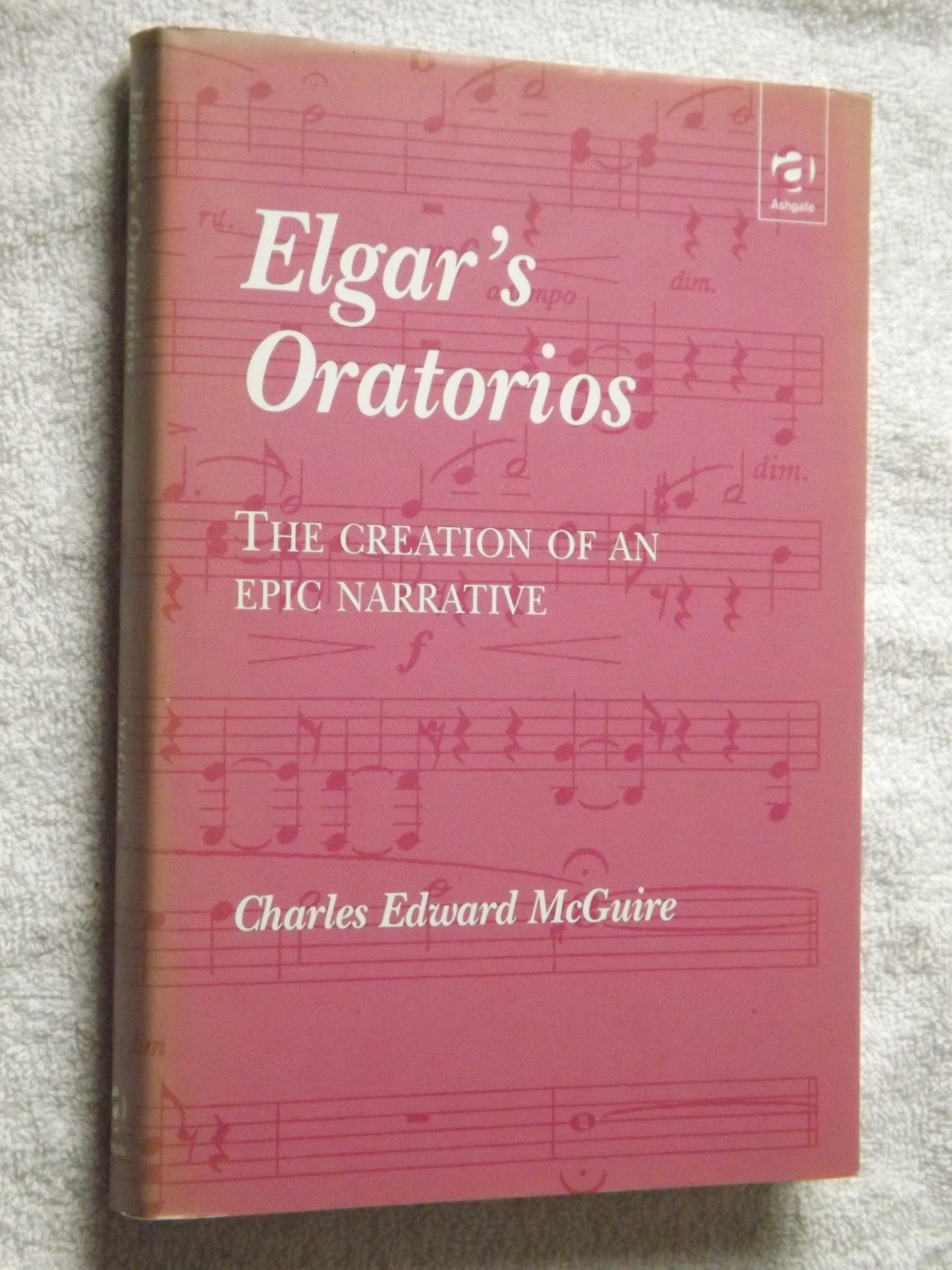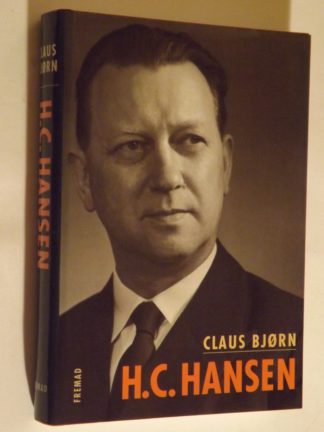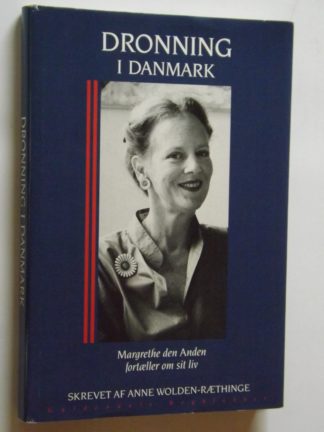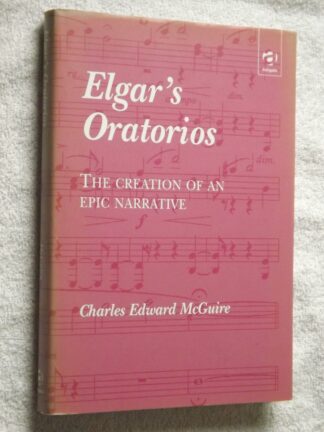Beskrivelse
From the end of the 18th century to the beginning of World War I, the oratorio was Britain’s most important and accesible musical genre. Understanding Elgar’s four oratorios within this history should add a great deal to our understanding of Elgar, musical life at the time, and the differences between the public and private spaces of Britain’s religious worship. The study explores Elgar’s four works as part of the British oratorio tradition. Only by examining the English oratorio in general at the end of the 19th century should we be able to appreciate how revolutionary Elgar’s works are. Each one moved away from the typical oratorio formats to portray a drama, based not on action, but characterization. Analyzing these four compositions through narrative reveals that “The Light of Life” and “Gerontius” gave Elgar the tools he needed to create a musical epic of Wagnerian proportions within “The Apostles” and “The Kingdom”. Central to the author’s discussion are the issues of Wagnerism’s effect on Elgar’s music, and Elgar’s reaction to being labeled Wagerian. Locating Elgar’s oratorios in this context and examining them individually should allow for a more measured understanding of the complexities, contradictions, and subleties of the melding of public music and public religion in the late Victorian age, as well as the clash of conservative musical genres with more modern methods. These investigations hope to show that Elgar, in the oratorio’s last triumph, transcended the genre’s limitations in a new, unique manner.




